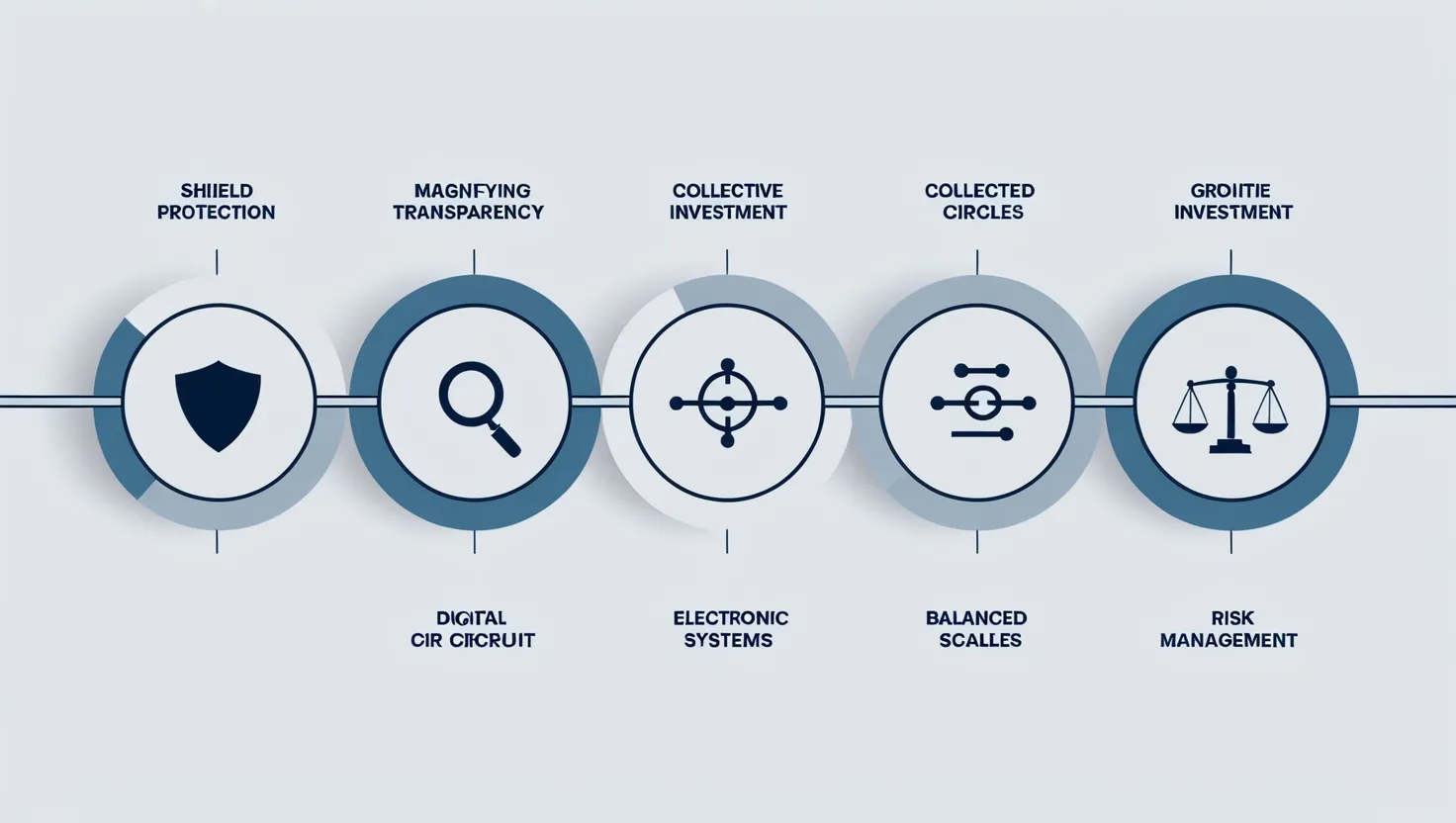How the Panama Canal's $800 Million Collapse Led to America's Greatest Infrastructure Gamble
Discover how the Panama Canal went from French financial disaster to American triumph. Learn about the $1 billion collapse, 20,000 deaths, and bold financing that reshaped global trade forever.

Amsterdam 1602: How the World's First Stock Market Created Modern Investing History
Discover how Amsterdam's 1602 stock exchange revolutionized global finance. Learn the origins of modern investing, from IPOs to short selling. Explore financial history's lessons for today's markets.

How Amsterdam's 1602 Stock Exchange Invented Modern Trading and Changed Finance Forever
Discover how Amsterdam's 1602 stock exchange created modern investing, from hostile takeovers to options trading. Learn the wild history behind your portfolio today.

Victorian Savings Banks: How Small Deposits Built Financial Freedom for Working-Class Families
Discover how Victorian savings banks revolutionized working-class finance through radical one-shilling deposits, building habits that shaped modern banking forever.

How Credit Cards Rewired American Spending Habits and Changed Money Psychology Forever
Discover how credit cards transformed from 1950s status symbols to universal payment tools that reshaped spending habits and financial psychology. Learn smart strategies today.

How the Bretton Woods Collapse Transformed Global Finance Forever: Lessons for Today's Currency Wars
Learn how the 1971 collapse of Bretton Woods transformed global finance from fixed to floating exchange rates. Discover the political tensions, economic pressures, and lasting impacts that shaped today's monetary system.

How Payment Systems Evolved From Ancient Barter to Modern Digital Currencies
Discover the evolution of payments from barter systems to digital wallets and cryptocurrency. Learn how commerce transformed from trading sheep to smartphone transactions and what's next for money.

5 Financial Innovations That Revolutionized Capitalism: From Limited Liability to Electronic Trading
Discover 5 game-changing financial innovations that transformed capitalism from limited liability companies to electronic trading. Learn how these breakthroughs shaped modern investing and business. Read more now!

How Black Monday 1987 Revealed Fatal Flaws in Portfolio Insurance and Changed Risk Management Forever
Discover how Black Monday 1987's 22.6% market crash revealed fatal flaws in portfolio insurance and automated trading systems that amplified losses worldwide.

Gold Standard Economics: Historical Stability Lessons for Modern Monetary Policy
Discover how the gold standard created monetary stability and what lessons it offers today's financial systems. Learn about this historical framework that backed currencies with gold and its implications for modern economics. #MonetaryPolicy #Economics

The Banking Panic of 1907: How J.P. Morgan Rescued America and Created the Federal Reserve
Discover how the Panic of 1907 transformed American finance and led to the Federal Reserve's creation. Learn key lessons from this historic banking crisis that still shape our financial system today.

Renaissance Italian Merchant Banks: How Medieval Financiers Created Modern Banking
Discover how Renaissance Italian banking innovations shaped modern finance. Learn how merchant banks revolutionized trade with double-entry bookkeeping and financial networks still used today. Explore this fascinating economic legacy.

Hungary's 1946 Hyperinflation: When Money Lost All Meaning Overnight
Explore Hungary's 1946 hyperinflation - when prices doubled every 15 hours. Learn how fiscal collapse happened, how it was fixed, and what lessons remain relevant for today's economic challenges. #EconomicHistory
